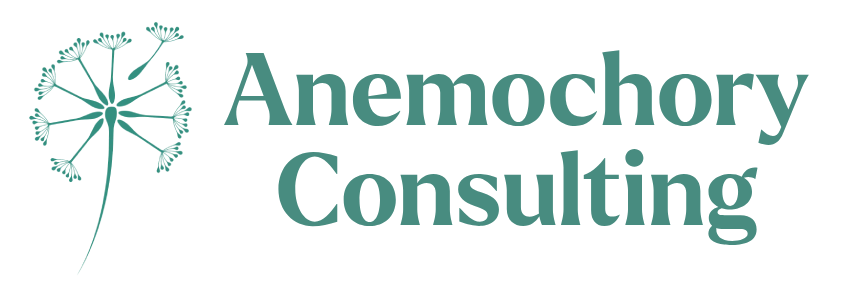%20(1)%20(1).png)
Date: October 17 from 1 - 2:30 PM ET (Zoom Webinar)
Cost: Free
Organizations often start their Justice, Equity, Diversity & Inclusion (JEDI) journey with policy change. But when it comes to implementing and maintaining momentum on JEDI initiatives, policy is just the tip of the iceberg.
What really creates transformational JEDI change? Fostering an organizational culture where open discussions are encouraged, where people with different identities can share perspectives in a brave space, and where we can encounter each other as humans instead of just colleagues.
Designed for JEDI-curious ENGO staff, this session will introduce you to the research and best practices around the importance of going beyond policy and provide concrete tips and resources for ensuring that your JEDI initiatives focus on organizational cultural change.
Bonus: Hear why these approaches work from our JEDI Community of Practice panel and learn what changes they have made at their organizations.
This is the first webinar in a series for JEDI-curious ENGOs keen to implement JEDI initiatives but not sure where to start. In some cases JEDI projects may have been initiated but fell off the table in the face of other organizational priorities. The JEDI-curious series will introduce you to the key JEDI issues and barriers in the ENGO sector and link you to opportunities to gather with your peers for support, advice, and community.



Anna-Liza Badaloo (she/her) of Anemochory Consulting is a facilitator, un-learner, and inclusive communicator. Viewing JEDI (Justice, Equity, Diversity, and Inclusion) through the lens of empathy, her decolonized, intersectional approach helps organizations build capacity by implementing communities of practice, trainings, and empathy-driven frameworks designed to foster organizational justice. By centering equity-deserving communities, she helps organizations understand how colonial structures impact organizational health.

Session 1: Settler Colonialism 101
Introduce ENGO representatives to the fact that colonization is a structure and not an event. Identifies key ways that colonialism moves through individuals and organizations.
Session 2: Positionality
ENGO representatives learn how to articulate their social location within a settler colonial state, and in relation to potential Indigenous partners.
Session 3: Inherent Indigenous Governance 101
Introduce the fact that Indigenous nations have their own sources of political authority that they can (and do) draw on when addressing environmental issues. Examples provided.
Session 4: Building Better Relations
ENGO representatives will road test ways they can implement previous workshop key points to re-imagine partnerships with Indigenous nations.
Cost: $100 (or register 4 staff from the same organization for one stream and get the 5th registration free)
All registrants will be provided with a link to access the recordings and presentation slides for 60 days following each session.

Session 1: Diagnosing Settler Colonialism in the Enviro Sector
Participants will be asked to share ways in which they have diagnosed and traced power in social justice movements and/or in the ENGO sector. This workshop will make space for discomfort as part of promoting decolonization.
Session 2: Inherent Indigenous Governance
A mix of advanced and introductory theory, this workshop delves into legal and political pluralism, naming the fact that Indigenous nations have their own sources of political authority that they can (and do) draw on when addressing environmental issues.
Session 3: The Nonprofit Industrial Complex
ENGO participants are introduced to theories and examples describing the Nonprofit Industrial Complex and the “Shadow State.” Purpose is to show how settler colonialism structures civil society.
Session 4: Decolonizing ENGO-First Nation Partnerships
This workshop delves deep into how ENGOs can partner with Indigenous nations beyond the Nonprofit Industrial Complex while promoting deference to inherent Indigenous political leaders.
Cost: $100 (or register 4 staff from the same organization for one stream and get the 5th registration free)
All registrants will be provided with a link to access the recordings and presentation slides for 60 days following each session.

The Indigenous only space will be collaborative in nature but critical in approach. This track is a space for Indigenous folks within the ENGO sector to come together to discuss their experiences and work, with an eye to taking a position on what the sector might need to do in order to promote decolonization. Participants will use the first session to define our goals for the remaining three meetings. Therefore, session topics named here are proposals only.
Session 1: Naming the Cannibal: Settler Colonialism in the ENGO Sector
Session 2: Proposed topic: Reflections on working in the ENGO Sector
Session 3: Proposed topic: Centering Indigenous Thought in the ENGO Sector
Session 4: Proposed topic: Visioning a Decolonial Environmental Sector
Cost: Free
